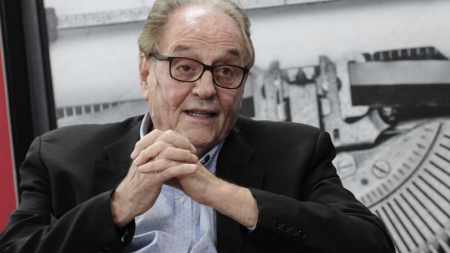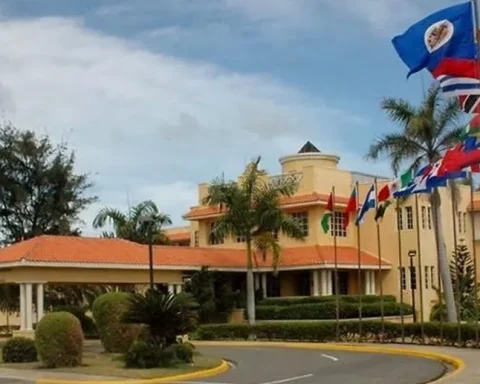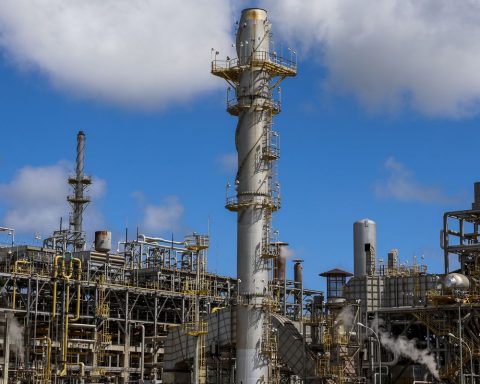The extension of the swap with China “clears the risks and devaluation possibilities”, in addition to “expanding” and “strengthening” the reserves of the Central Bank, assured the national deputy and president of Banco Credicoop, Carlos Heller.
With the swap reached between President Alberto Fernández and his Chinese counterpart, Xi Jinping, “Argentina managed to increase its reserves by US$ 5,000 million,” Heller pointed out in statements on Radio La Red.
A swap (“exchange” in English) is a financial agreement in which one of the parties agrees to pay a series of monetary flows in exchange for receiving another series of flows from the other party.
In this sense, the legislator explained that “even if it is nothing more than for trade with the Chinese, if it can be used to pay China, it can be released.”
“There are always US$ 5,000 million that are going to be used in the flow of foreign trade and therefore the reserves are strengthened, clearing even more the risks and devaluation possibilities of the chronic devaluators who continue to demand devaluation,” he said.
In this regard, Heller clarified that “what the newspapers put every day that the BCRA delivered or sold, are imports that are being paid for”, because -he indicated- “on the side pages are the claims of importers that they need the inputs for production.
“Argentina is not quiet and is getting and managing tools,” he stressed.
The swap with China was originally signed in 2011, during the second presidency of Cristina Fernández de Kirchner, and was equivalent to a credit of US$10.2 billion for three years, with the possibility of renewal, materialized in 2014 for US$11 billion, in 2018. for the same figure and was expanded in 2020 to US$18.7 billion.
The new extension of the swap was activated in the visit that Fernández made to China on February 6.
Although the swap with China -because it is not a loan- has no cost while it is inactive, it remains accounted for within international reserves and is available to be used immediately in the event of any eventuality.
If used, the swap is agreed in accordance with the Shanghai interbank rate, the Shibor, which is currently close to 6% per year.
According to what was reported by the BCRA, international reserves currently have a provisional value of US$ 38,006 million, with which the extension of the swap would imply an increase of just over 13%.
On the other hand, the bank maintained that “at this level we must locate the return to the implementation of the Observatory of Prices and Availability of Inputs, Goods and Services approved by Law 26,992 in 2014”, whose objective is to “monitor, relieve and systematize the prices and availability of inputs, goods and services”.
“It is an information tool through which the State will be able to know what is happening within the value chains and, therefore, advance more effectively in the different policies through adequate monitoring,” he explained.
On this point, Heller remarked: “In the 2023 Budget, which is already law, we have included an update of the fines for non-compliance, which reach up to $250 million, therefore, there are tools and not magic,” he concluded.

















